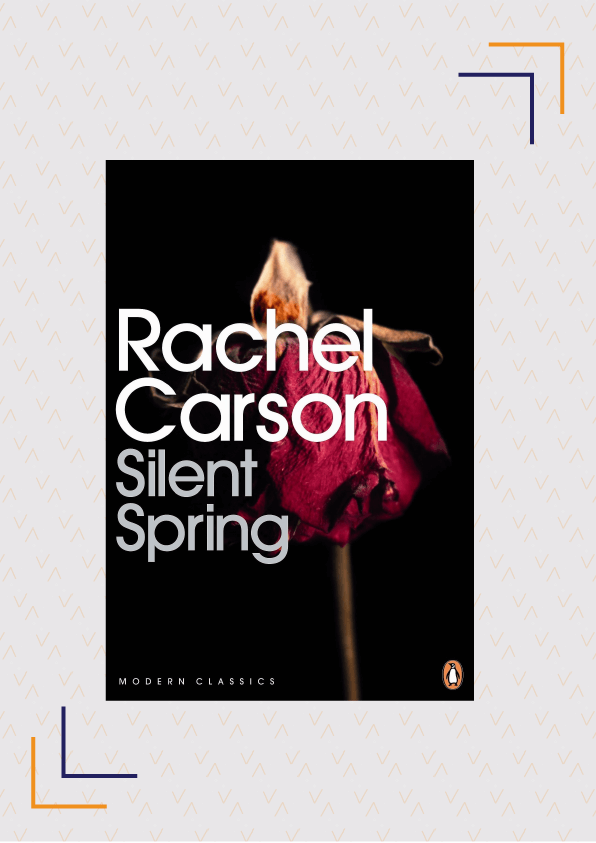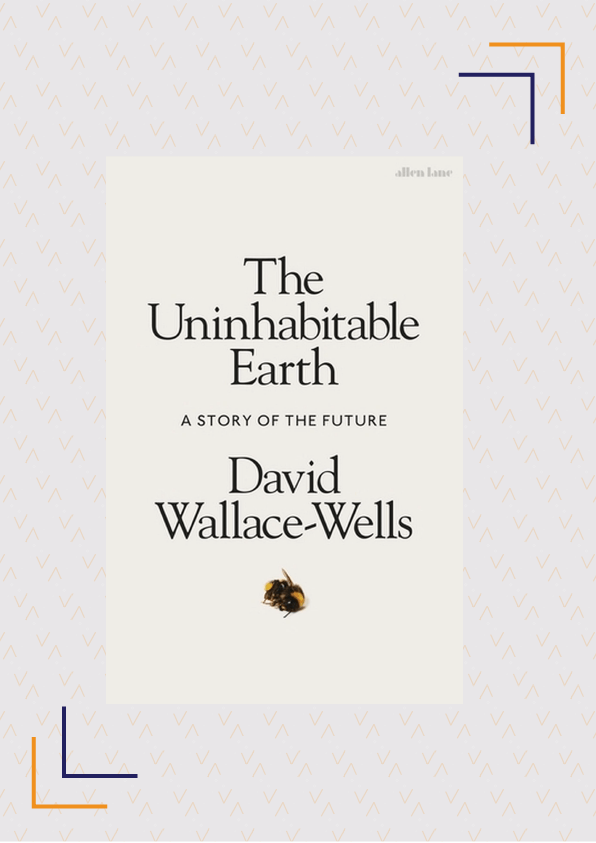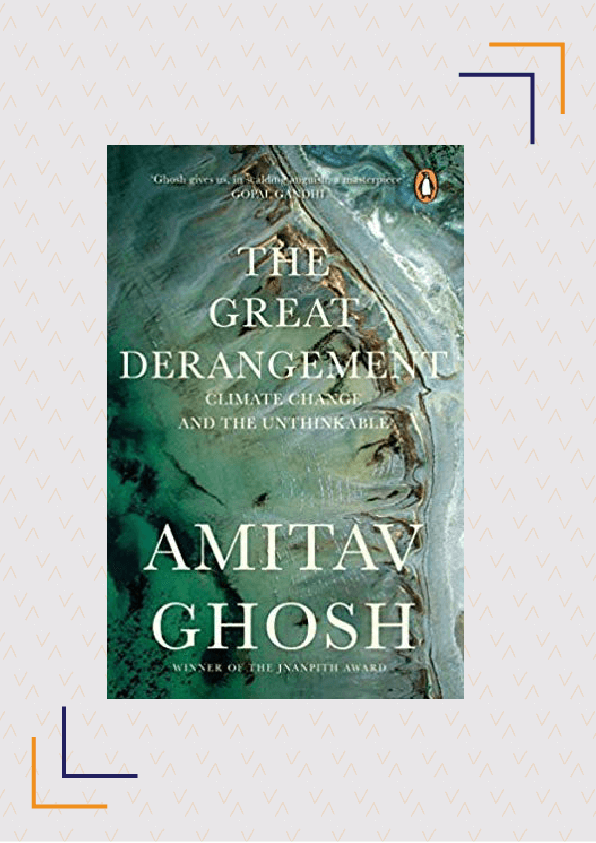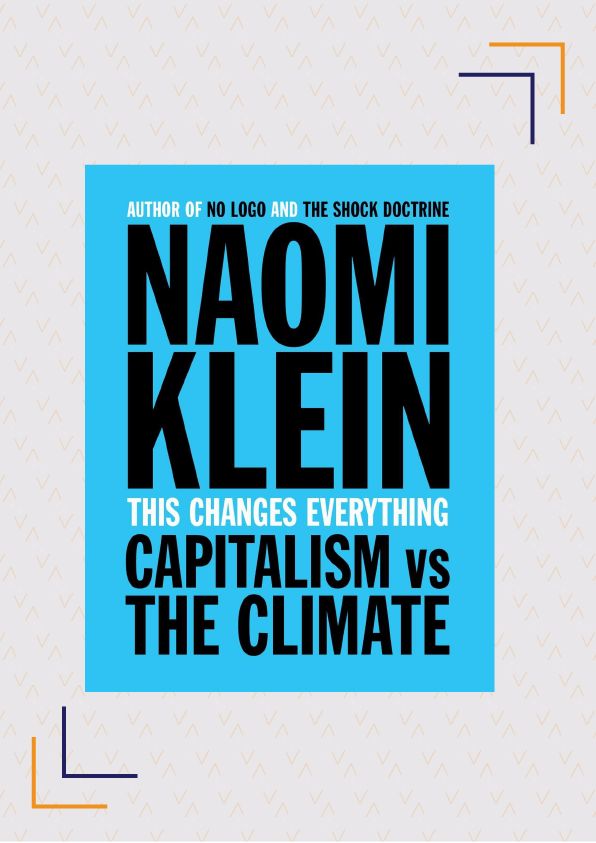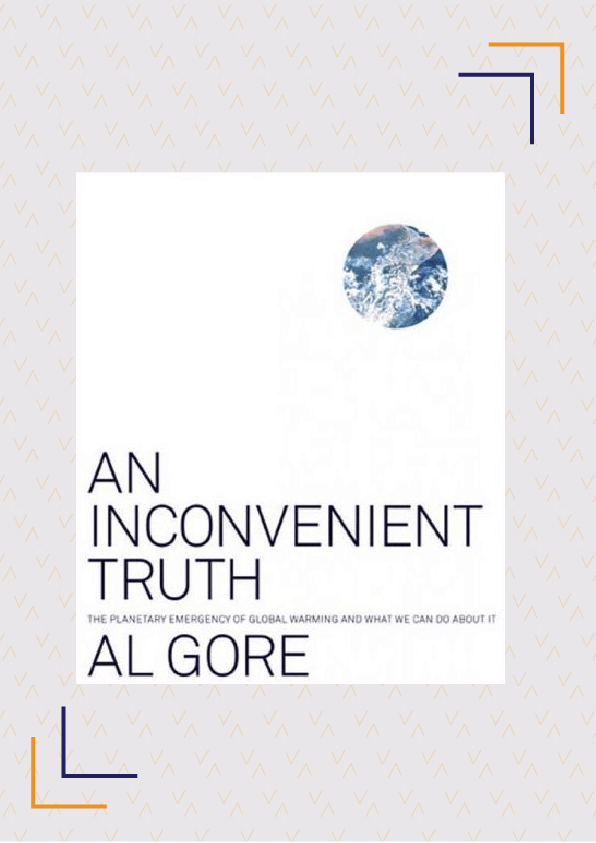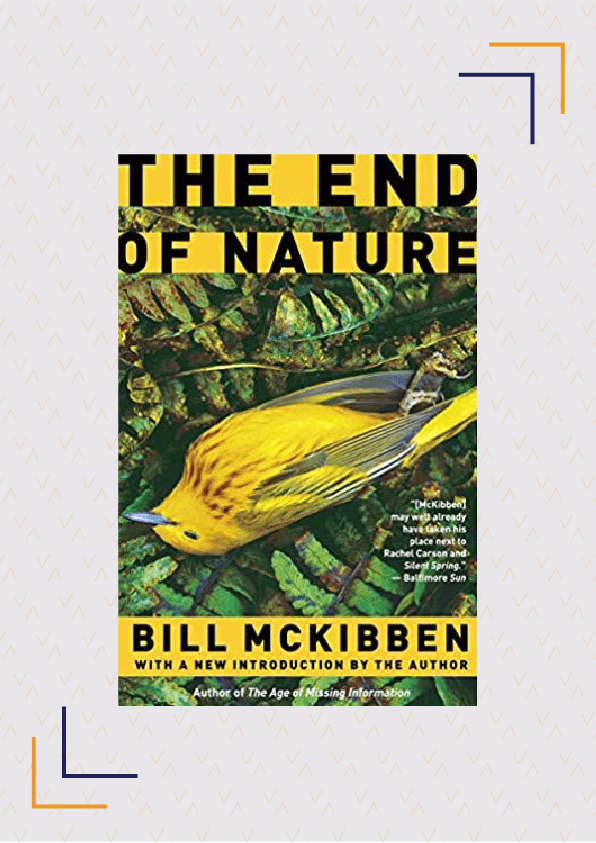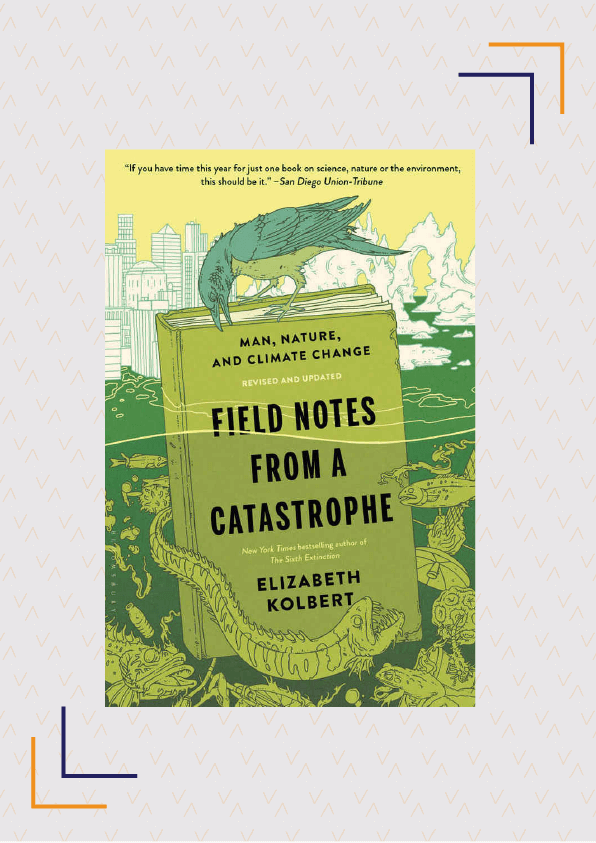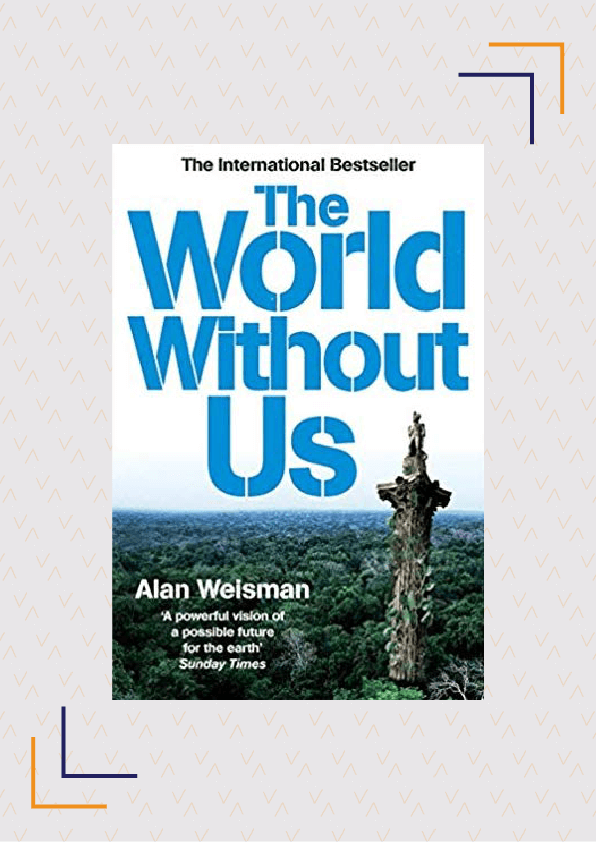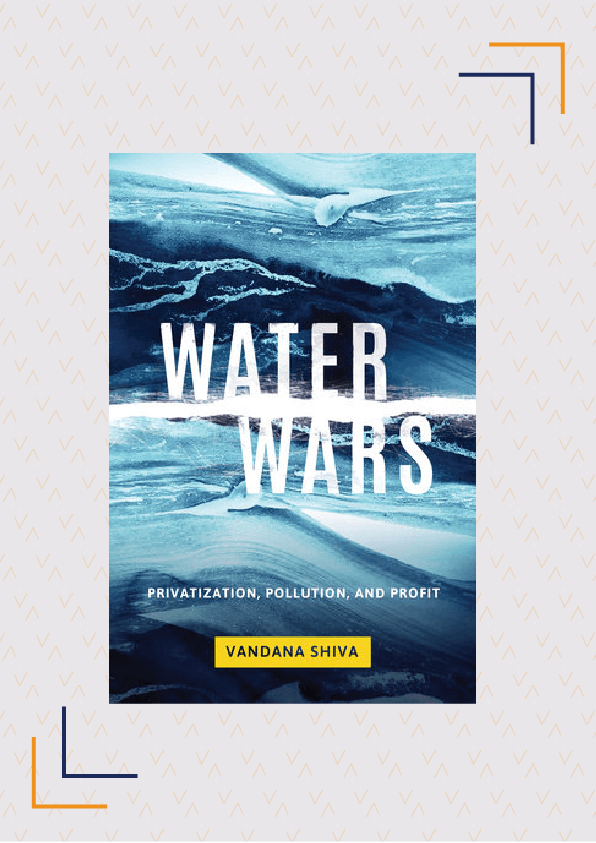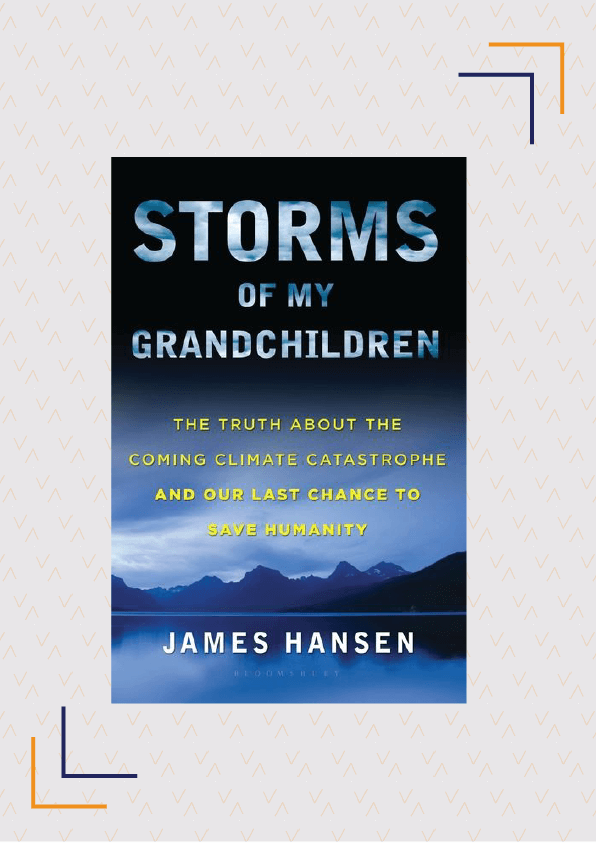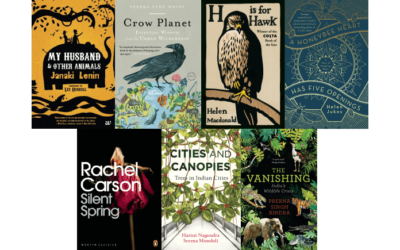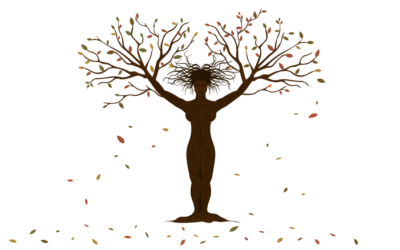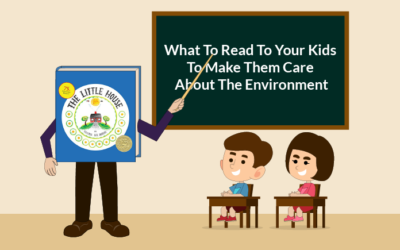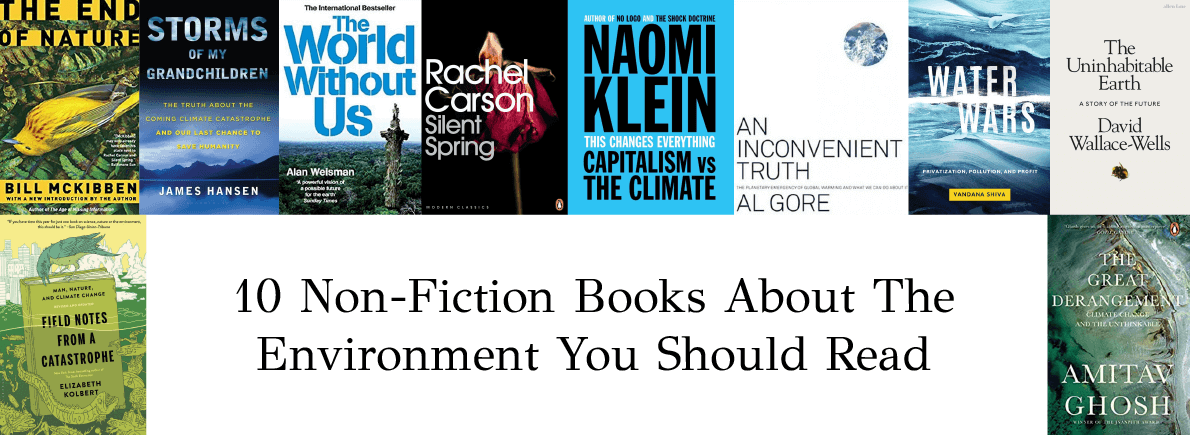
The environment is deteriorating at a startling rate, with problems such as rising global temperature, warming oceans, shrinking ice sheets, depleted energy resources and water scarcity at the forefront. All of these point to one alarming issue – climate change. We are on the brink of devastating climate change, and if we don’t make finding effective solutions a priority, irreversible damage is imminent. Prominent environmentalists and activists have written some of the best nonfiction books on climate change to educate us on just how dire the situation is. This list of books is vital for understanding the terrifying effects of human activities on climate change, and how best to tackle the issue.
01
Silent Spring
Rachel Carson
Nature-lover and marine biologist, Rachel Carson can be given credit for starting the environmental movement thanks to her book, Silent Spring. Carson’s book led to the ban of DDT, and provided evidence on how big corporations intentionally spread disinformation to further their own agenda, often at the cost of the environment. 50 years on, it is still as relevant today as we have not stopped damaging the environment, and many of the concerns about the fragility of the planet’s biodiversity remain unanswered. Frighteningly, her predictions of the damage caused by chemicals and global warming have also come true.
Buy it here.
02
The Uninhabitable Earth
David Wallace-Wells
Based on his popular New York Magazine article, The Uninhabitable Earth is a scary portrayal of what our future might look like in the wake of climate change. The 230-page book will take you through all the possible worst-case scenarios that could take place if we don’t stop ravaging the natural world. He predicts the possibility of an economic collapse and the return of pre-historic diseases, amongst others, and that all of this might happen within the lifetime of a present-day teenager. Wallace-Wells’ book is a chilling reminder that we need to start taking action now if we don’t want to live in an apocalyptic world.
Buy it here.
03
The Great Derangement
Amitav Ghosh
In The Great Derangement, Amitav Ghosh laments on how corporate interest and man’s own greed have contributed to climate change. He believes that future generations will think that we deranged because, instead of taking action to control climate change, we remain silent spectators. He believes that literary fiction has failed to address climate change and that even in the writing of history, this crisis has been over-simplified. He also shows that contrary to popular belief, it isn’t just the West but also Asia that is responsible for environmental degradation, and how low-lying areas like Mumbai are paying the price for it. This book serves as a call to action for everyone to confront the issue of climate change before it is too late.
Buy it here.
04
This Changes Everything: Capitalism Vs The Climate
Naomi Klein
One of the leading causes of global warming is our never-ending need for fuel, but author Naomi Klein suggests that capitalism is the root of the evil that is climate change. In This Changes Everything, Klein shows us how energy corporations and their extractivism are speeding up global warming. She opines that we as individuals can fight back by not deferring to free-market rules. She also claims that it’s possible to limit our fuel use by investing in renewable energy, and following a lifestyle of low- consumption. She urges us to take definite steps to change the world for the better, before the damage to our environment becomes irreversible.
Buy it here.
05
An Inconvenient Truth: The Planetary Emergency Of Global Warming And What We Can Do About It
Al Gore
Despite the worrying increases in temperature, melting ice caps, and their drastic effect on animals, humans and the Earth, some people are still in denial about global warming. In An Inconvenient Truth, Al Gore combines facts and research to show just how far-reaching global warming is. He says that the time to ignore climate change is over and proves it by using harrowing photos of global warming effects to support his theory. Gore’s book is a wakeup call to make us take global warming seriously.
Buy it here.
06
The End Of Nature
Bill Mckibben
The End Of Nature was published is 1989, and what’s alarming is the frightening accuracy with which the book has talked about the greenhouse effect and global warming. Considered the first book on global warming, The End Of Nature advocates that a fundamental change in our way of thinking and living is the only way we can effectively combat climate change. The author’s perspective remains relevant even today, and it will surely make us contemplate if we want to spend the next 30 years being only spectators to the effects of climate change.
Buy it here.
07
Field Notes From A Catastrophe: Man, Nature, And Climate Change
Elizabeth Kolbert
The Earth is now the warmest it has been in the past 4,20,000 years, which tells us that our planet is on the brink of a major climate change. Kolbert’s book draws our attention to the causes and effects of climate change by showing us how it has affected various places around the world. She tells us how the Dutch are already preparing to migrate to higher ground when sea levels eventually rise, and discusses the events surrounding Hurricane Katrina that devastated New Orleans. In Field Notes From A Catastrophe, Kolbert uses persuasive reports and fact-based observations to tell us just how little action has been taken to thwart global warming and how the planet is already suffering because of it.
Buy it here.
08
The World Without Us
Alan Weisman
Alan Weisman’s thought-provoking book takes a different approach to climate change by envisioning what a world without humans might look like. In The World Without Us, Weisman uses the expertise of academics, marine biologists and engineers amongst others to show how the earth might heal from climate change. Using an ecological viewpoint, he speculates on how, after the end of humanity, nature will take over our cities and thrive, similar to the manner in which wildflowers and animals have claimed nuclear disaster zone Chernobyl as their home. However, he points out that non-biodegradable plastic and nuclear waste will continue to have a long-lasting impact even after the end of humanity. This work on non-fiction will make us introspect on just how deeply we have affected this beautiful planet.
Buy it here.
09
Water Wars: Privatization, Pollution And Profit
Vandana Shiva
Free flowing water is the right of every person, yet corporations are now converting it into a business. Prominent activist Vandana Shiva tackles the issue of how mismanagement of water will lead to a fight surpassing the oil wars. Using examples of large scale dam projects carried out by private players and the disturbance it has caused in the water- sharing system, Shiva exposes how privatisation of water will threaten our planet. In Water Wars, Shiva makes a strong case for the preservation of water using traditional methods such as water collecting tanks and community movements to revive water systems.
Buy it here.
10
Storms Of My Grandchildren: The Truth About The Coming Climate Catastrophe And Our Last Chance To Save Humanity
James Hansen
Even though climate change has been recognised as a threat, politicians have failed to implement effective policies. James Hansen, a former NASA climatologist, analyses history, science, and politics to depict a realistic picture of our future, if climate change is not curbed. He speaks about how Earth is speeding towards global warming at a disturbing rate, and how even the newest political policies on climate change are inefficient. He remarks on how future generations are going to bear the brunt of global warming but states that there is still hope to avoid potential catastrophe. The author’s portrayal of cataclysmic effects of climate change will inspire you to work towards conserving the environment.
Buy it here.

Prasanna is a human (probably) who makes stuff up for a living. When she’s not sleeping or eating, you’ll find her in the quietest corner of the library, devouring yet another hardbound book. She vastly prefers the imaginary world to the real one, but grudgingly emerges from her writing cave on occasion. If you do see her, it’s best not to approach her before she’s had her coffee.
She writes at The Curious Reader. You can read her articles here.

